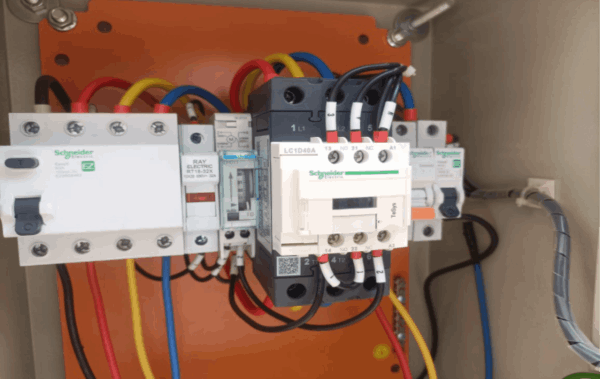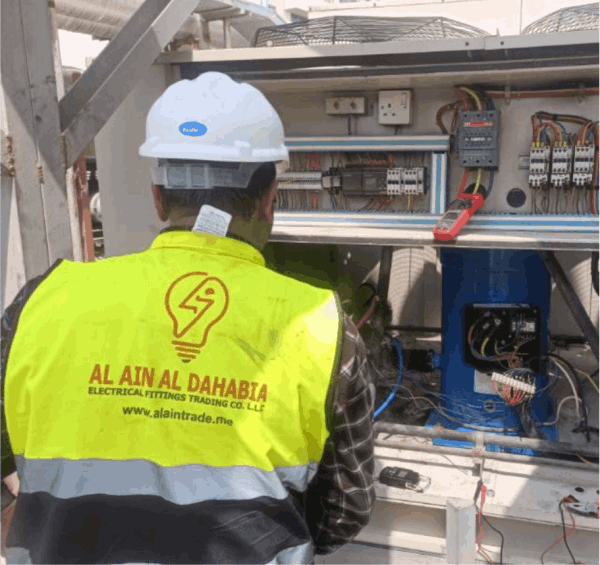Why AMC
Annual Maintenance Contract

Al Ain Al Dahabiya takes pride in offering topnotch Annual Maintenance Contracts (AMC)
for both MEP (Mechanical, Electrical, and Plumbing) and civil works. With a steadfast commitment to excellence, we stand as your trusted partner in ensuring the optimal functioning of your infrastructure.

Our highly skilled and experienced teams are dedicated to proactively maintaining, servicing, and enhancing your MEP and civil systems. From HVAC systems to electrical installations, plumbing networks, and structural components, we ensure that everything operates efficiently and reliably.

Choosing Al Ain Al Dahabiya for your AMC needs means investing in the longevity and safety of your infrastructure. We understand the critical role these systems play in your daily operations, and our tailored maintenance plans are designed to minimize downtime and unexpected disruptions.

Count on Al Ain Al Dahabiya to provide comprehensive, cost-effective, and dependable solutions for all your MEP and civil work maintenance requirements. Your peace of mind is our priority, and your satisfaction is our guarantee.











